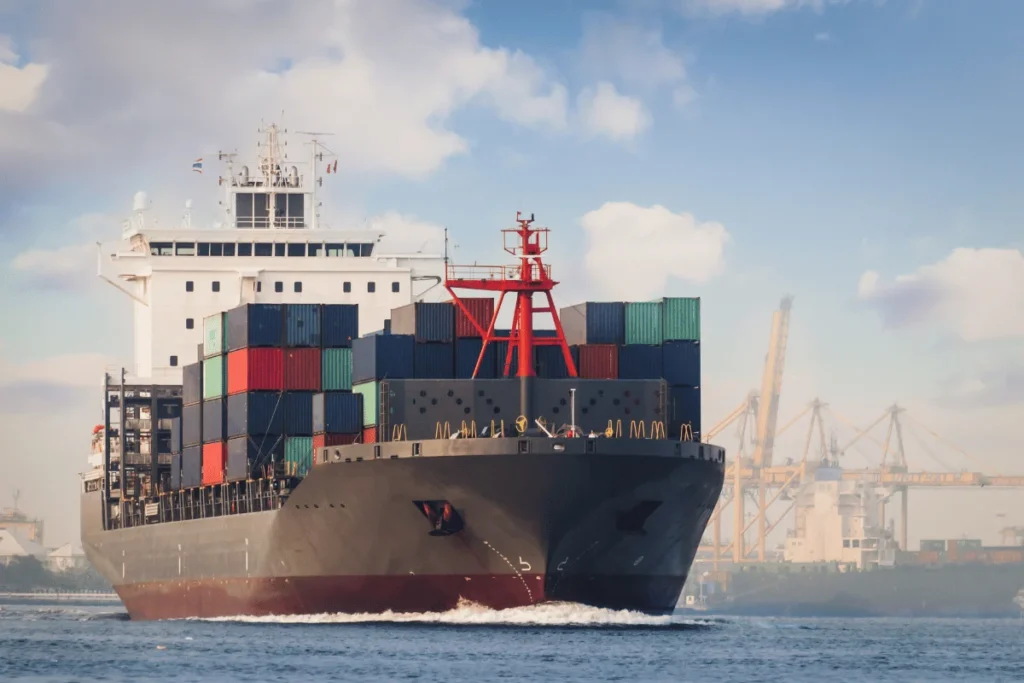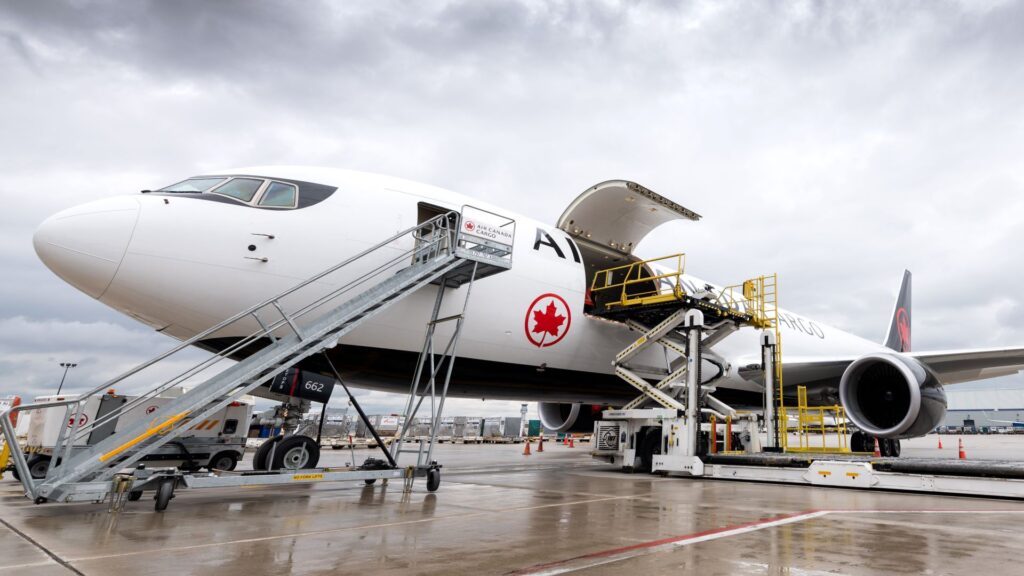When shipping goods between China and Japan, finding the right shipping agent China to Japan can make or break your supply chain. Whether you’re exporting electronics from Shenzhen or importing auto parts to Osaka, reliable coordination, documentation, and customs clearance are crucial for efficiency and cost savings.
What Does a Shipping Agent Do for China–Japan Trade?
A professional shipping agent acts as a bridge between exporters and importers. They manage end-to-end logistics—from cargo booking and consolidation to customs paperwork and inland delivery.
Core functions include:
- Arranging sea or air freight bookings
- Coordinating container pickup and loading
- Handling export and import customs clearance
- Managing insurance and shipment tracking
| Service Type | Description | Benefit |
|---|---|---|
| Freight Booking | Reserve vessel or air space | Secures best transit schedules |
| Customs Brokerage | Prepare and file clearance docs | Avoids shipment delays |
| Cargo Consolidation | Combine small loads | Reduces total freight cost |
| Door-to-Door Service | Full pickup and delivery | Simplifies process for clients |
Moreover, experienced agents provide real-time tracking and help negotiate rates with carriers, ensuring that both timing and cost align with your business goals.
How Does the Shipping Process Work Between China and Japan?
The shipping process typically involves several steps that ensure your goods move efficiently across the East China Sea.
Step-by-step overview:
- Booking & Cargo Pickup: The agent books vessel space and arranges pickup from your supplier’s warehouse.
- Export Customs Clearance: Required documents are submitted to Chinese customs for approval.
- Ocean or Air Transit: Goods are shipped from major Chinese ports like Shanghai, Qingdao, or Shenzhen to Tokyo, Osaka, or Yokohama.
- Import Customs in Japan: The shipping agent handles Japanese import declarations and taxes.
- Final Delivery: Cargo is delivered to the consignee’s location through local logistics networks.
Additionally, reliable agents maintain communication at every stage, minimizing uncertainty and providing transparent cost breakdowns.
Shipping Methods from China to Japan
Depending on your product type, urgency, and budget, you can choose from multiple freight options.
| Shipping Method | Average Transit Time | Cost Estimate | Best For | Pros | Cons |
|---|---|---|---|---|---|
| Sea Freight (FCL/LCL) | 3–7 days | $40–$80/m³ | Bulk cargo | Economical | Slower than air |
| Air Freight | 1–2 days | $3–$6/kg | Urgent goods | Fast, reliable | Expensive |
| Express Courier | 1–3 days | $8–$12/kg | Small parcels | Convenient | Limited volume |
| Rail Freight | 5–8 days | $1.5–$2/kg | Mid-size cargo | Stable schedule | Route limited |
On the other hand, many companies prefer sea freight for its balance between cost and reliability. However, air freight is ideal for high-value or time-sensitive shipments.
Customs Clearance and Documentation
Both China and Japan have strict import/export documentation requirements. Errors can result in fines or delays.
Key documents include:
- Commercial Invoice
- Packing List
- Bill of Lading / Airway Bill
- Certificate of Origin
- Export License (for restricted items)
- Import Declaration (Japan)
Customs Clearance Checklist
| Stage | Responsible Party | Document Required | Time Needed |
|---|---|---|---|
| Export (China) | Supplier / Agent | Invoice, Packing List | 1–2 days |
| Import (Japan) | Importer / Broker | Declaration, Origin Cert. | 1–2 days |
As a result, experienced agents handle all paperwork and liaise directly with customs officials, ensuring compliance with Japanese HS codes and import tariffs.
Shipping Costs Between China and Japan
Shipping costs vary depending on cargo volume, mode, and port selection.
| Cargo Volume | Mode | Average Cost (USD) | Transit Time |
|---|---|---|---|
| 5 m³ | LCL Sea Freight | $300–$400 | 5 days |
| 20 ft Container | FCL Sea Freight | $1,200–$1,400 | 5–7 days |
| 100 kg | Air Freight | $450–$600 | 2 days |
| Small Parcels | Express | $100–$150 | 1–2 days |
Additional costs:
- Port handling: $50–$100
- Insurance: 0.3–0.5% of declared value
- Customs duties: 0–10% depending on category
Indeed, cost optimization through consolidation and negotiated rates is one of the major benefits of using a shipping agent China to Japan.
Real Case Studies: Shipping from China to Japan
Case 1: Auto Parts (Guangzhou → Yokohama)
- Cargo: 12 m³ of automobile spare parts
- Mode: Sea freight (LCL)
- Cost: $880 total
- Transit Time: 6 days
- Result: Delivered on schedule; customs cleared within 24 hours.
Case 2: Electronics (Shanghai → Osaka)
- Cargo: 150 kg consumer electronics
- Mode: Air freight
- Cost: $520
- Transit Time: 2 days
- Outcome: Urgent delivery achieved for trade fair deadline.
Choosing the Best Shipping Agent China to Japan
When selecting your logistics partner, consider the following criteria:
- Experience: Proven record in handling Sino-Japanese trade
- Network: Offices in both countries ensure smoother coordination
- Transparency: Detailed quotations and no hidden charges
- Customer Support: 24/7 updates and tracking availability
- Compliance: Knowledge of import/export regulations
Top tip: Request references or certifications (such as FIATA or NVOCC registration) before signing any long-term logistics contract.
Tips to Optimize Your Shipping from China to Japan
To maximize efficiency and save costs, keep these actionable strategies in mind:
- Plan shipments ahead to secure vessel space during peak season
- Consolidate LCL shipments to reduce per-unit costs
- Ensure proper labeling in both English and Japanese
- Use digital tracking tools to monitor real-time status
- Consult with agents about tariff updates or regulation changes
In addition, always compare quotes from at least two agents before confirming to ensure competitive pricing and service reliability.
Conclusion
To summarize, choosing a reliable shipping agent China to Japan is essential for smooth, timely, and cost-effective trade operations. From handling documentation to managing customs, professional agents simplify complex logistics. Whether you’re sending small LCL cargo or full container loads, a trusted shipping partner ensures your goods arrive safely and efficiently — strengthening your global supply chain.
Add Your Heading Text Here
Lorem ipsum dolor sit amet, consectetur adipiscing elit. Ut elit tellus, luctus nec ullamcorper mattis, pulvinar dapibus leo.
- Consult TJ China Freight Forwarding for the lowest quote. They will provide you with reliable, cost-effective service.
FAQs
Q1.How long does shipping from China to Japan take?
Average sea freight takes 3–7 days, while air freight takes 1–2 days, depending on port and customs clearance time.
Q2.What documents do I need for shipping from China to Japan?
You’ll need a Commercial Invoice, Packing List, Bill of Lading, and Certificate of Origin for customs verification.
Q3.Can a shipping agent handle customs clearance for me?
Yes, a professional shipping agent prepares customs declarations and assists with import/export compliance procedures in both countries.
Q4.How much does a 20ft container cost from China to Japan?
A 20ft FCL container generally costs around $1,200–$1,400, including freight and handling fees.
Q5.Which ports are most popular for shipping to Japan?
Major ports include Shanghai, Ningbo, and Qingdao in China, and Tokyo, Osaka, and Yokohama in Japan.





